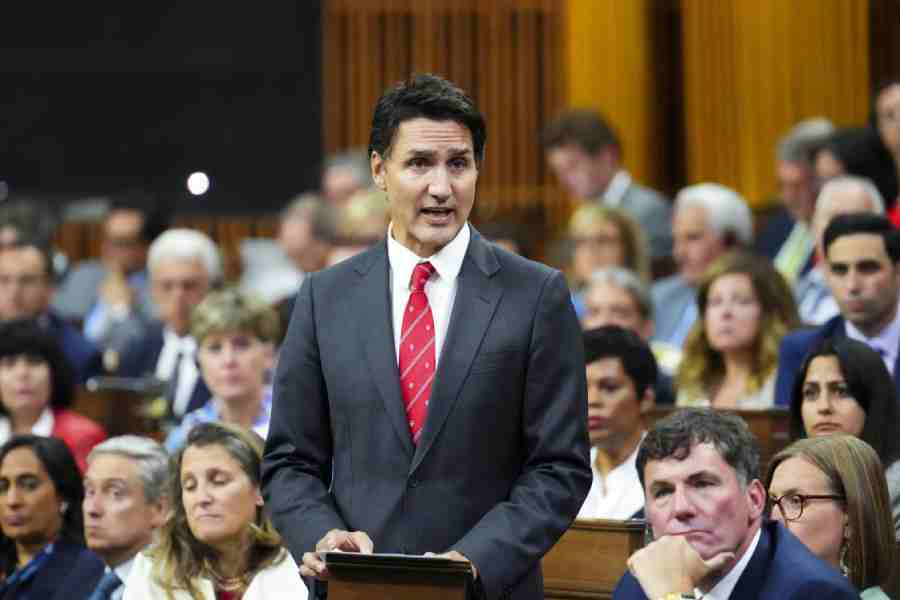The recently-concluded G20 Summit in New Delhi was held up as an instance of seamless cooperation between India and its Western allies. But the picture was not that perfect. It has been reported that when India’s national security adviser engaged his counterparts from the United Kingdom, Australia and Canada on New Delhi’s concern with the belligerent targeting of Indian assets by rogue Khalistani elements, the Canadian response was far from satisfactory. Things, it appears, are going further downhill. The Canadian prime minister, Justin Trudeau, has pointed an accusatory finger at India, alleging New Delhi’s involvement in the killing of a Khalistani terrorist. Senior diplomats of both countries have been expelled on account of this sudden deterioration in diplomatic ties. Incidentally, Mr Trudeau’s minority government is dependent on the support of the New Democratic Party whose patron is a known supporter of the Khalistani cause. The Canadian prime minister’s pandering to domestic political compulsions at the expense of external ties — India’s ruling regime is not free of this vice either — is unfortunate. There are also worrying signs of strategic spillovers. A statement from the United States of America has not exactly been explicitly favourable towards New Delhi.
The task is delicate but cut out for Narendra Modi: he should take steps to douse the fire. India’s trade ties with Canada are substantial. It also has an expatriate constituency, including students, that must not be caught in the crossfire. Yet, at the same time, India must remain firm in its demand that not just Canada but also the UK and Australia ensure that mischievous elements inimical to Indian interests are not given a free hand in their countries. There should be bipartisan support in India on this demand. There is an additional challenge for Mr Modi. His government must make sure that Sikhs in India are not subjected to prejudicial comments or treatment from the shadowy Hindu Right fraternity. In the past, his regime has been quick to pounce on such issues to divert domestic attention from policy failures. It must not repeat that folly.











